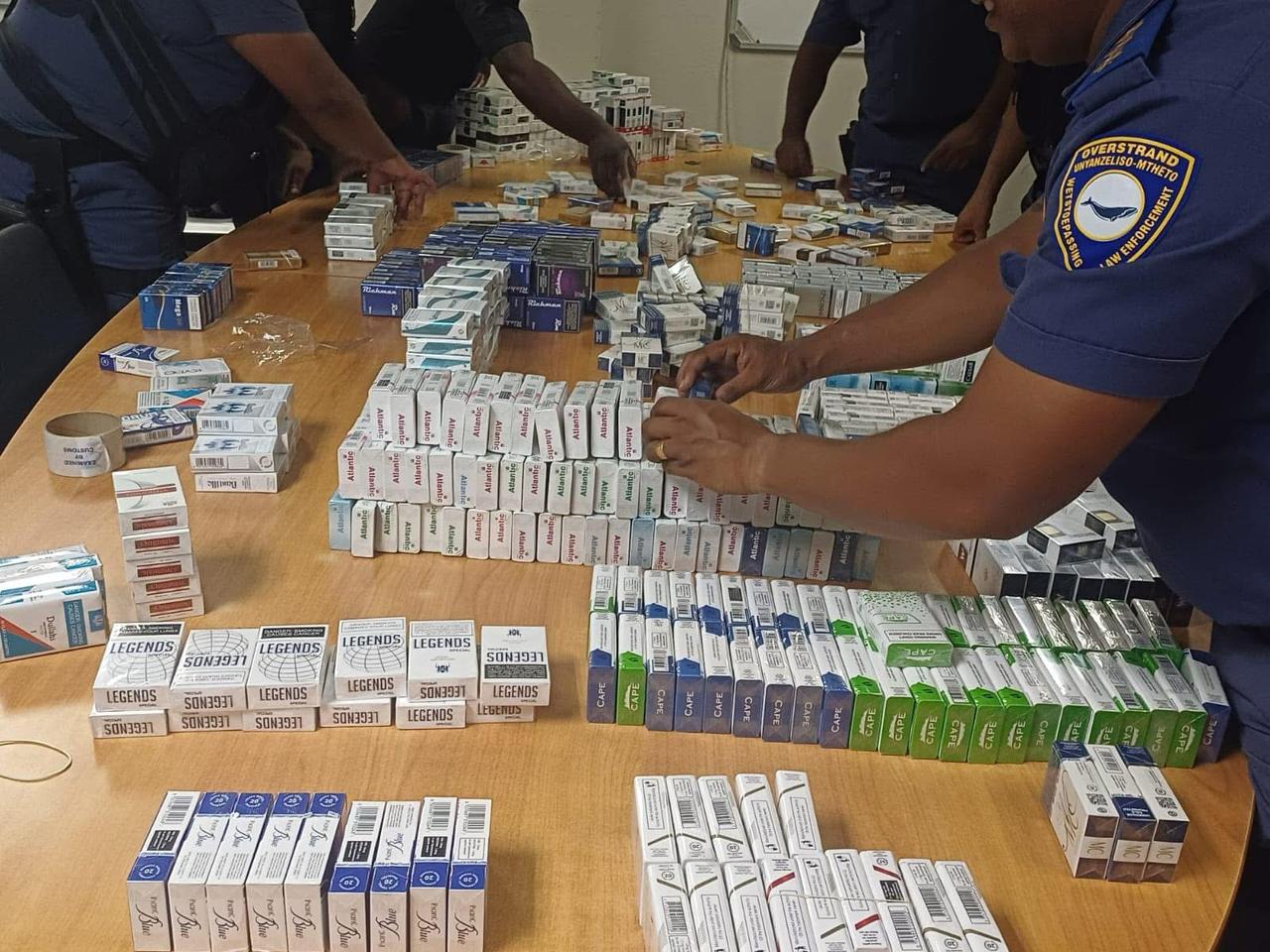High Court: Citizens have the right to question police without fear of arrest
CCN Reporting.
JOHANNESBURG:- A powerful court ruling has reaffirmed the rights of South Africans to question police officers and record their conduct without fear of being arrested or intimidated.
This comes after a Johannesburg High Court judgment in favour of attorney Mr. Jacobs, who was unlawfully arrested during a routine roadblock near his Kempton Park home.
According to court evidence, Jacobs had calmly approached officers at the scene to request that they move the roadblock due to noise and disturbance in the area. When officers allegedly ignored him, Jacobs began recording the scene with his cellphone to document the situation for a formal complaint.
Despite not showing any signs of aggression, Jacobs was handcuffed and arrested without explanation. He was held overnight in poor conditions, while his shocked wife witnessed the entire ordeal. She testified that Jacobs was sober, calm, and respectful throughout.
Footage played in court clearly showed Jacobs peacefully filming the scene, directly contradicting the arresting officer’s claim that the attorney was intoxicated and confrontational.
In a scathing judgment, Judge Twala declared that Jacobs’ arrest and 26-hour detention were both unlawful. The court emphasized that South Africans have the constitutional right to ask questions and expect answers from police without being accused of obstruction.
“Citizens are entitled to ask questions and are entitled to explanations from law enforcement officers in respect of their conduct,” Judge Twala stated. “That cannot be regarded as interference with the execution of their lawful duties.”
The court awarded Jacobs R250,000 in damages:
- R100,000 from the Minister of Police for the unlawful detention
- R150,000 from the metro police for the unlawful arrest
Legal experts and civil society groups have welcomed the judgment as a strong reminder that police officers are not above the law and must act within constitutional limits.
This case is seen as a landmark moment for public accountability and the right to transparency in policing.
Case Reference: Jacobs v Minister of Police and Others (2021/6576) [2025] ZAGPJHC 722 (12 June 2025)

